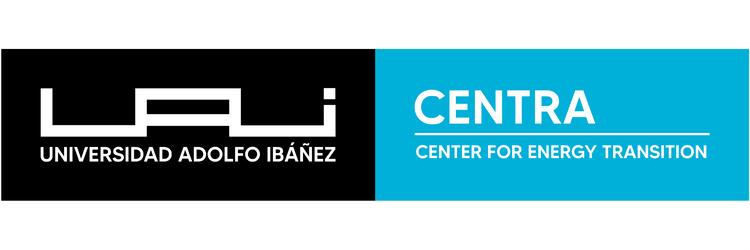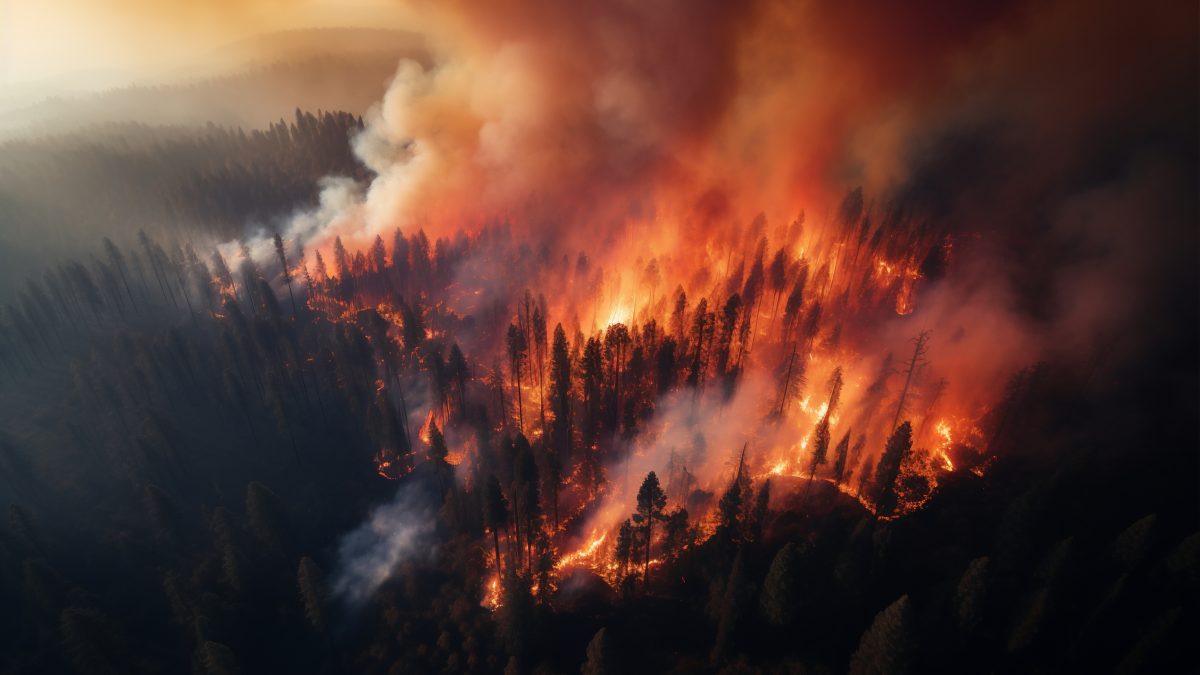“Risk management system failed and needs to be reformulated”
August 29th, 2024
The UAI academic, Pedro Reszka, addressed the flaws of the current model, which were made evident in the February catastrophe.
The academic from the Adolfo Ibáñez University (UAI) and doctor in Fire Safety Engineering, Pedro Reszka, who was one of the speakers at the conference “Great Valparaíso in flames: How will we face the next megafire?”, organized by the CCHC Valparaíso, was critical of the risk control system in the fire that affected Viña del Mar, Quilpué and Villa Alemana in February, leaving a balance of 137 deaths.
“The risk management system that we have implemented in our country to respond to forest fires that spread to urban areas failed catastrophically because it was not able to protect people, the functioning of the city or the environment,” said the mechanical engineer.
BLANK SHEET
In this line, he said that “if there is one thing that this fire has left us, it is that the system is not working and we have to reformulate it, in my opinion, completely and almost start from a blank sheet.”
Reszka indicated that this reformulation of the plan to deal with this type of disaster must incorporate a series of measures. “These range from engineering, biology and the study of ecosystems to social issues such as cultural changes that are related to generating awareness in the population and we certainly also need laws that, for example, regulate construction in risky areas,” he said.
The academic indicated that the actions should aim more towards the intersection between the urban and wild sectors. “This implies changes in regulation, especially in the general ordinance of urban planning and construction, and in other laws that, for example, force people to control vegetation in the ravines. (…) I think we have to make a series of changes and act simultaneously on different levels.”
The Director of Project Formulation of the Canal Chacao Group for the Prevention of Forest Fires and Security of Quilpué, Carolina Muñoz, indicated that there are small changes that can make a difference. “There are many things that one does not measure and that are important, that is why training is very necessary. And preventive work is a task for all neighbors,” she said.
Senator Francisco Chahuán (RN) said that “issues as relevant as improving communication, having SAE alerts with detailed and timely information and not as occurred in the megafire, which came too late, added to effective urban planning and a true responsibility of the authorities to foresee these events, would have saved many lives.” From the legislative point of view, he highlighted the bill that creates the National Forest Service and “which we hope will strengthen the capacities to face this type of emergency.”
The president of the CChC, Fernando Bustamante, indicated that “risk prevention and management is not only a duty, but an opportunity to show our capacity for innovation and protect communities.”
Courtesy of El Mercurio

